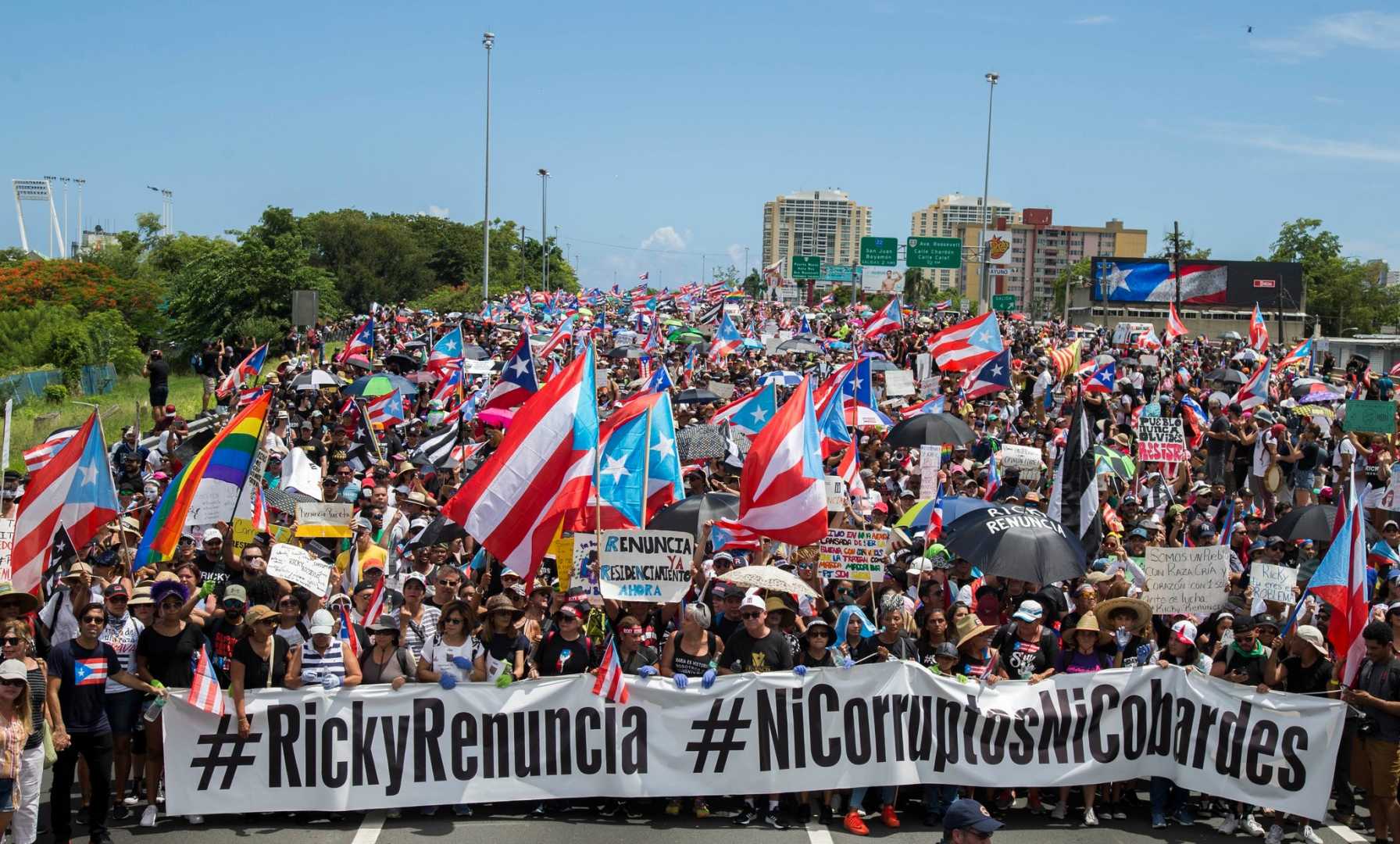Business
Puerto Rico’s Economy and Political Status: A Closer Look

San Juan, Puerto Rico – Puerto Rico’s economy is heavily influenced by its trade relationships and political status. The island generates about one-tenth of its economy from trade, employing nearly one-fifth of its workforce. Meanwhile, the finance, real estate, and insurance sectors contribute roughly one-fifth of the Gross Domestic Product but employ significantly fewer people.
The economy relies on the U.S. dollar, with the U.S. Federal Reserve regulating exchange rates. The federal treasury collects customs and excise taxes on goods, which impacts local businesses. Major companies, including banks and retailers, operate branches in Puerto Rico, underscoring its integration into the U.S. economy.
Import and export patterns show that the United States is the island’s largest trading partner, with exports primarily consisting of chemicals, food products, and electronics. Imports mirror this, including petroleum and coal along with consumer goods.
Tourism plays a crucial role in economy, attracting between one and two million visitors annually. The island’s favorable weather and robust transportation networks support the hospitality industry. The cruise industry also thrives, with many passengers using the deep-water harbor in San Juan.
P.R.’s government structure is defined as a ‘freely associated state’ within the U.S., established by its constitution in 1952. Puerto Ricans are U.S. citizens but lack the ability to vote in presidential elections, although they can elect a resident commissioner to Congress. This relationship means that while they benefit from U.S. citizenship, they do not pay federal taxes nor receive federal representation.
The political landscape is shaped by three main parties advocating different statuses for Puerto Rico. The dominant parties, the New Progressive Party and the Popular Democratic Party, have shaped local policies for decades. Meanwhile, the Puerto Rican Independence Party has a smaller voter base but pushes for a more independent future.
While challenges such as prison overcrowding and a need for judicial reform persist, overall, Puerto Rico’s economy remains resilient and is deeply intertwined with its cultural and political identity.












